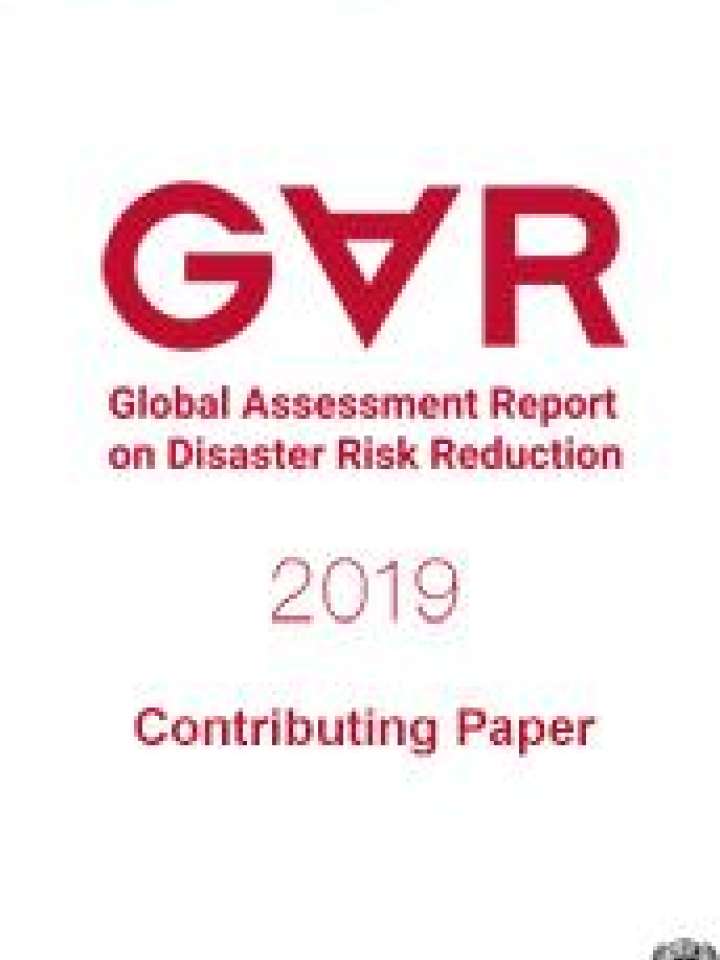Disaster risk reduction in contexts of fragility and armed conflict: a review of emerging evidence challenges assumptions
This paper argues that DRR frameworks and policies require a more nuanced and flexible approach when dealing with ‘the state’. State-centred frameworks, including the Sendai Framework for Disaster Risk Reduction, give ‘primary responsibility’ to the state for managing and reducing disaster risk. This assumes that all states are institutionally stable and fundamentally the same, when in fact it is increasingly recognised that ‘the state’ is not a universal category, and means different things to different people in different places. A more ethnographic understanding of the state in the Global South will allow for more context specific local strategies to be designed, robust and targeted DRR interventions, and create an enabling environment for conflict and post-conflict societies dealing with disasters to reduce risk and build resilience.
The paper provides definitions of the key terms employed in this argument, alongside insight into why issues of conflict have been largely neglected in the DRR policy and convening spaces. Then it discusses two political turns within disaster studies that have enabled de-politicised and conflict-blind engagement to occupy mainstream space. The document also presents four substantive arguments to challenge fundamental assumptions regularly made within DRR frameworks and the implications for policy and the delivery of Target E of the Sendai Framework.
This paper is a contribution to the 2019 edition of the Global Assessment Report on Disaster Risk Reduction (GAR 2019).
To cite this paper:
Siddiqi, A. and Peters, K. Disaster risk reduction in contexts of fragility and armed conflict: a review of emerging evidence challenges assumptions. Contributing Paper to GAR 2019
